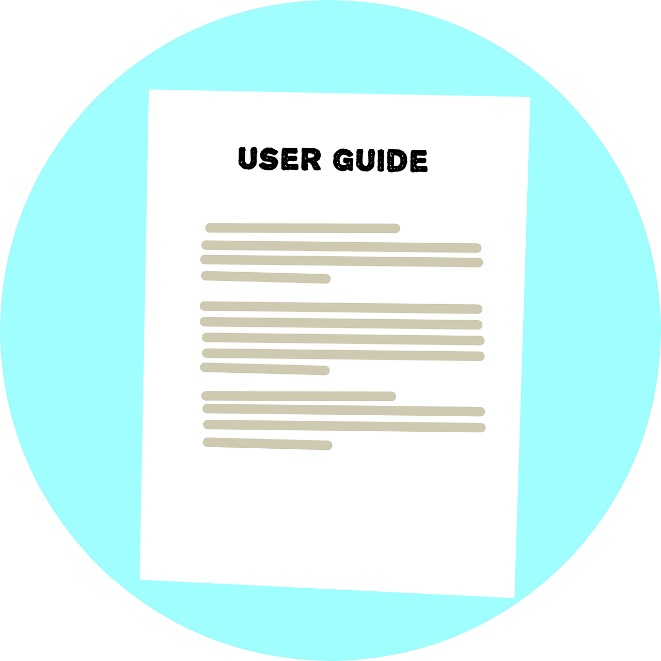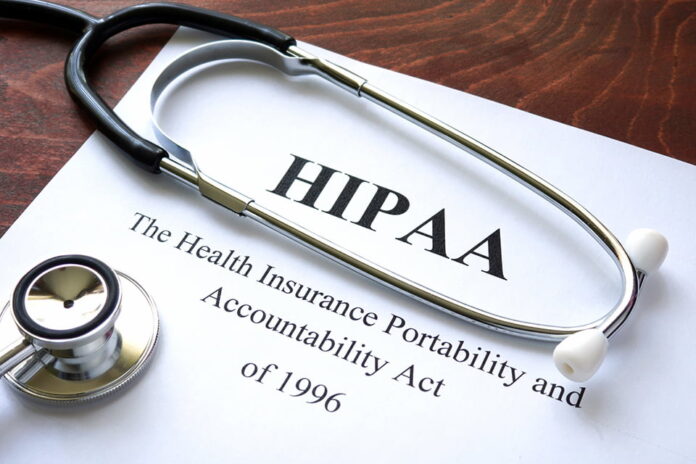The Health Insurance Portability and Accountability Act, or HIPAA, ensures the confidentiality and security of protected health information (PHI). If you are a healthcare provider or manage any kind of health-related business, then you must be HIPAA compliant. To become HIPAA compliant, you must take a few key steps.

First, all of your employees must receive up-to-date, comprehensive training on the regulations set forth by the HIPAA Security Rule and the Privacy Rule.
This includes not only understanding what is expected of them in protecting PHI but also how to handle a breach and what to do if they suspect one has occurred.
You can visit compliancy-group.com to automate the HIPAA compliance process. This guide will walk you through all the steps necessary for becoming HIPAA compliant.
Understanding What HIPAA Is and Why It Matters
HIPAA is a federal law that sets standards for protecting sensitive patient data. These standards include physical, technical, and administrative safeguards to secure electronic PHI (ePHI).
In addition to protecting patient data from unauthorized access or disclosure, it also prevents healthcare organizations from using PHI in marketing without the patient’s consent.
Becoming HIPAA compliant is essential for any organization that handles PHI as it helps protect patients’ privacy and keeps their data secure.
Performing a Risk Analysis
The first step in becoming HIPAA compliant is performing a risk analysis. This involves assessing your current systems and procedures to determine where your organization might be vulnerable to a breach of ePHI.
You should evaluate each system used to store or transmit ePHI and any third-party vendors you use to handle this information. Once you have identified any areas of vulnerability, you can begin to work on resolving them.
Creating Policies and Procedures
Once you have completed the risk analysis process, it’s time to create policies and procedures that ensure your organization remains compliant with HIPAA regulations going forward.
This includes creating a policy manual outlining how to handle ePHI properly across all departments within your organization and establishing protocols for responding in the event of a breach.
It’s also important that these policies are clearly communicated to all employees within your organization so they understand what is expected of them when handling ePHI on behalf of the company.
Establishing Ongoing Compliance
It’s important to remain vigilant in your efforts to stay HIPAA compliant. This means regularly conducting internal audits and risk assessments, updating policies and procedures as needed, and adding or revising security systems when necessary.
Additionally, it is important that all employees receive regular training on new regulations, processes, and procedures.
Training Your Employees on HIPAA Regulations

Employee training is an integral part of ensuring compliance with HIPAA regulations. All employees who interact with patient data must receive training on proper handling techniques to recognize potential breaches before they occur.
Training should be provided regularly, so new hires are aware of their responsibilities when working with PHI while existing employees remain up-to-date on any changes in regulations or best practices related to handling this type of sensitive information securely.
Final Thoughts
By following these steps understanding what HIPAA is and why it matters, performing a thorough risk analysis, creating policies and procedures for maintaining compliance going forward, and training employees on those policies, you can ensure your organization meets all requirements for being listed as an official “HIPAA Compliant” entity.
Taking these measures will help protect patients’ data from unauthorized access or disclosure while also helping prevent identity theft due to lost or stolen healthcare records.
Demonstrating that your organization meets all applicable requirements will give current and prospective customers peace of mind knowing that their private information is safe with you.
Read Also
- How to Drive Growth Through Customer Centricity in HealthcareThe world of healthcare is changing in big ways. Consumers are now stepping up and taking charge of their health journeys. This change is happening now for important reasons. The U.S. health and wellness market is huge, projected to be over $6 trillion in 2025. This growth is fueled by rising out-of-pocket costs and more… Read more: How to Drive Growth Through Customer Centricity in Healthcare
- Maximizing Digital Reach for Podiatry Clinics in Local HealthcareMaximizing Digital Reach for Podiatry Clinics in Local Healthcare As the healthcare industry evolves, mobile marketing becomes indispensable for practitioners. Podiatry clinics, focusing on foot and ankle care, must adapt to digital strategies to engage patients effectively. Implementing tailored SEO practices is crucial for these clinics to thrive in an increasingly competitive market. Digital marketing… Read more: Maximizing Digital Reach for Podiatry Clinics in Local Healthcare
- Leveraging Virtual Medical Assistants to Maximize Operational Efficiency in HealthcareIn the increasingly complex and fast-paced world of healthcare, operational efficiency is critical. Doctors and healthcare administrators are faced with numerous challenges, from managing patient scheduling and medical billing to adhering to stringent regulatory compliance and insurance claims processing. These tasks, while essential, often divert time and resources away from the core mission of providing… Read more: Leveraging Virtual Medical Assistants to Maximize Operational Efficiency in Healthcare
- Optimizing CT Protocols: The Hidden Key to Efficiency and Cost Savings in RadiologyIntroduction: Why CT Protocol Optimization Matters Computed Tomography (CT) is a cornerstone of modern diagnostic imaging, providing critical information across nearly every medical specialty. However, maximizing the value of CT — both clinically and financially — requires more than just advanced hardware. The real secret lies in the optimization of CT protocols. When CT protocols… Read more: Optimizing CT Protocols: The Hidden Key to Efficiency and Cost Savings in Radiology
- Hospital Discharge Accuracy Improves With Daily Advisor InvolvementThe hospital discharge process has a big effect on patient recovery, hospital efficiency, and finances. It requires careful planning and clear communication between team members to make sure patients get the right care when they leave the hospital. Having physician advisors involved at this stage can improve the discharge process by spotting problems that need… Read more: Hospital Discharge Accuracy Improves With Daily Advisor Involvement






